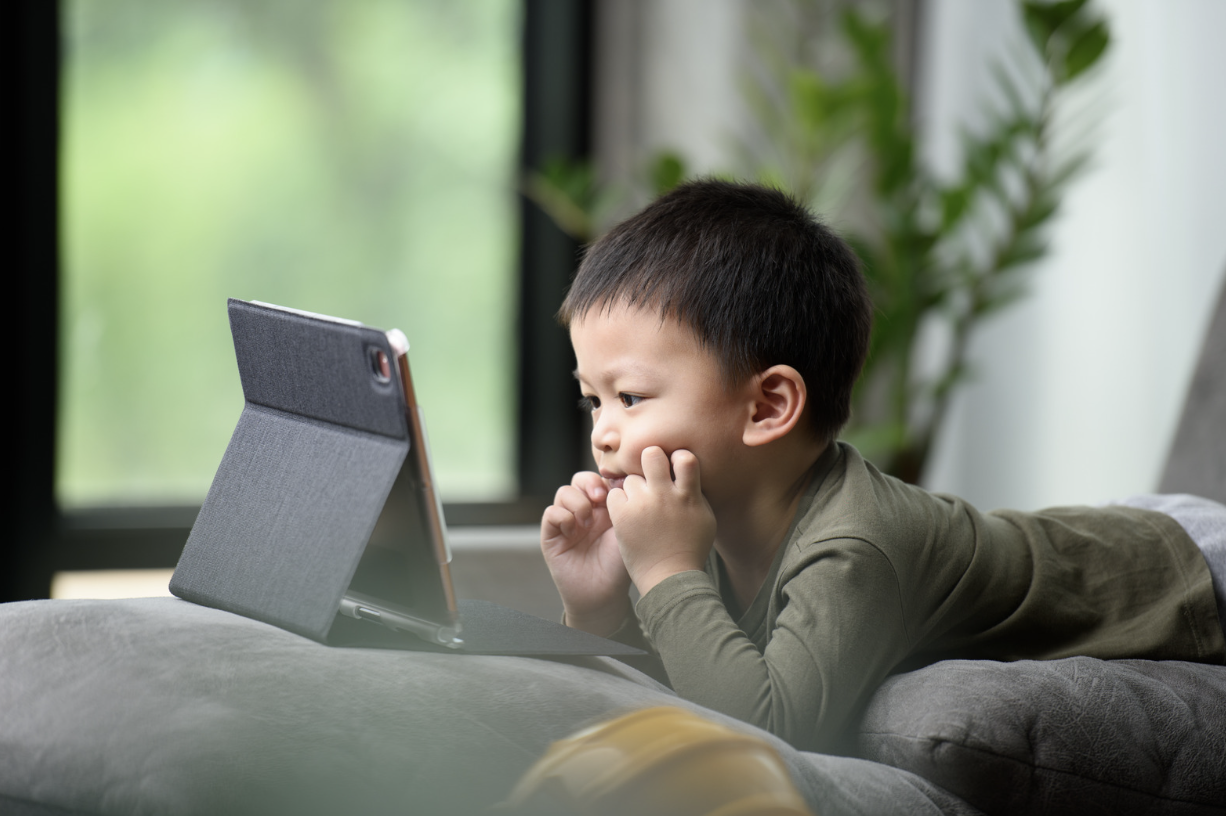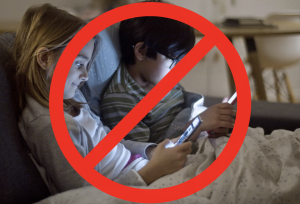Currently Empty: $0.00

The Digital Age: Managing Screen Time With Our Kids
In today’s digital age how do we manage screen time with our kids? screens have become an integral part of our daily lives. From smartphones and tablets to computers and technology. It surrounds us at every turn. While these devices offer benefits and opportunities for learning and entertainment, there’s a growing concern about the negative impact of screen time on our kids health. We go a little deeper into the negative effects of screen time and how we as parents can manage it all with our kids.
The Dark Side of Screen Time 
Research has shown that excessive screen time can have negative effects on kids physical, mental, and emotional health. Prolonged exposure to screens has been linked to issues such as obesity, poor sleep quality, decreased physical activity, and even stopped brain development. Also excessive screen time can contribute to behavioural problems, such as attention difficulties, impulsivity, and aggression.
One of the main culprits behind these negative effects is the blue light emitted by screens, which can disrupt the body’s natural sleep-wake cycle and interfere with the production of melatonin, a hormone that regulates sleep. This can lead to sleep disturbances and insomnia, impacting our kids overall health and performance at school. Also excessive screen time can also lead to a lonely lifestyle, as kids spend more time sitting indoors glued to their devices instead of engaging in active play or outdoor activities. This lack of physical activity not only increases the risk of obesity and related health problems but also can slow our kids physical development and motor skills.
Managing Screen Time: A Balancing Act
While it’s unrealistic to completely eliminate screens from our kids lives, there are steps parents can take to manage screen time effectively and mitigate its negative effects.
- Set Limits and Boundaries: Establish clear rules and guidelines around screen time, including when and where devices can be used and for how long. Encourage regular breaks and designate “screen-free” zones in the home, such as the bedroom and dinner table. keep screen time to a minimum before bedtime.

- Lead by Example: Kids learn by example, so it’s essential for parents to show healthy screen habits themselves. Limit your own screen time and engage in alternative activities like reading, exercising, or spending time outdoors as a family.
- Encourage Balance: Create a balanced approach to screen time by promoting a variety of activities, both on and off screens. Get your child to engage in hobbies, sports, and creative pursuits that don’t involve screens to create a balanced lifestyle.
- Use Technology Wisely: Not all screen time is created equal. Choose high-quality, age-appropriate content for your kids and engage in activities that promote learning and creativity. Use parental controls and monitoring tools to ensure your kids online safety and privacy.
- Communicate Openly: Create open communication with your kids about the benefits and risks of screen time. Discuss the importance of moderation and help them understand the potential consequences of excessive screen use on their health and well-being.
By taking a proactive approach to managing screen time, Aussie parents can help their kids develop healthy habits and have a balance between technology and other aspects of life. By setting limits, leading by example, encouraging balance, using technology wisely, and fostering open communication, parents can empower their kids to go into the digital world responsibly and thrive in today’s technology-driven society.
In conclusion, while screens offer many benefits and opportunities for learning and entertainment, it’s essential for parents to be mindful of the potential negative effects of excessive screen time on their kids health. By implementing effective strategies for managing screen time, parents can help their kids develop healthy habits and live balanced lives in the digital age.


